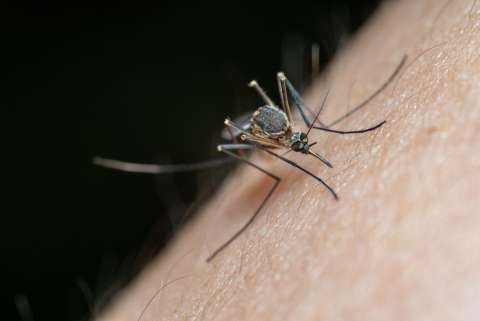Greater Shepparton City Council is working to monitor the current mosquito population across the region, which has grown significantly due to the recent floods.

Stagnant water creates a breeding ground for mosquitos. With a lot of water still present around the region after the recent flood event, this has brought with it a significant increase in the number of mosquitoes.
Since the late 1970's, Council has undertaken monitoring and treatment of the local mosquito population in partnership with the Department of Health. This includes mosquito collections at long term monitoring sites, usually between November and April each year. Due to the La Nina conditions, and the arrival of Japanese Encephalitis Virus early this year, Council has continued to monitor for adult mosquitos all year round.
There are around 25 species of mosquitoes which occur in our local area, of these only one presents concerns regarding transmission of disease to humans, being Culex annulirostris.
The species which are currently being collected at our long term monitoring sites are not disease carrying mosquito species, however residents are being reminded that it is a great time to start getting into good bite prevention habits.
The most effective protection from mosquito bites is to use insect repellent and cover up. Some simple tips include:
- Mosquitoes can bite through tight clothing. Cover up and wear long, loose-fitting clothing.
- Use mosquito repellents containing picaridin, oil of lemon eucalyptus or DEET on all exposed skin.
- Limit outdoor activity if lots of mosquitoes are about.
- Remove stagnant water where mosquitoes can breed around your home or campsite at least once a week.
- Make sure your home is fitted with mosquito netting or screens.
- Use 'knockdown' fly spray, surface spray, mosquito coils containing pyrethrum or plug-in repellent where you gather to sit or eat outdoors.
- Don't forget the kids – always check the insect repellent label. On babies, you might need to spray or rub repellent on their clothes instead of their skin. Avoid applying repellent to the hands of babies or young children.






